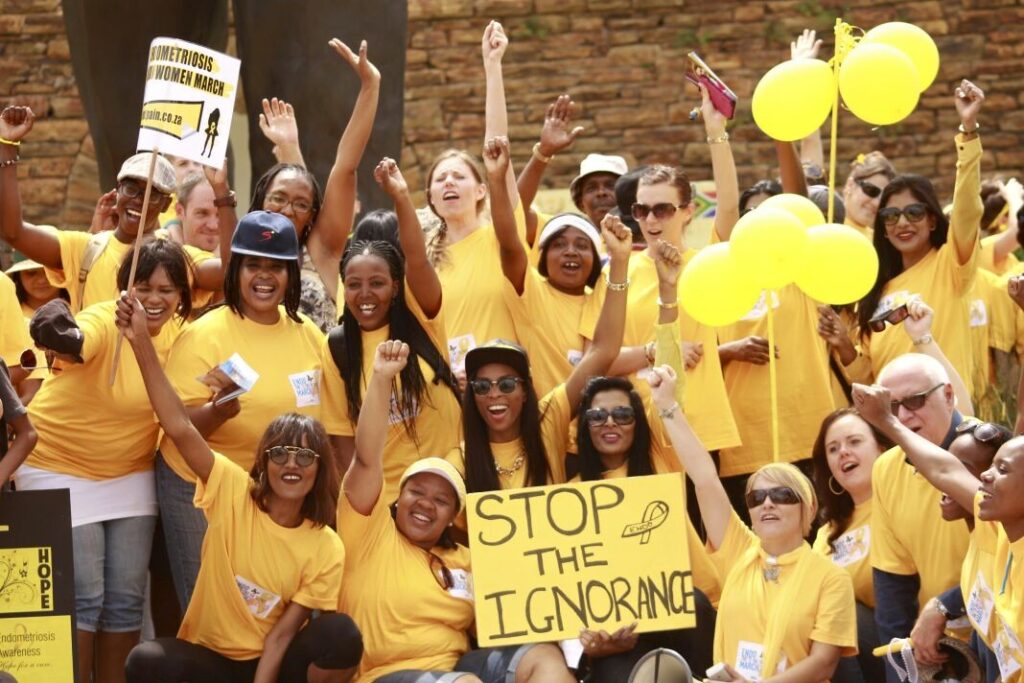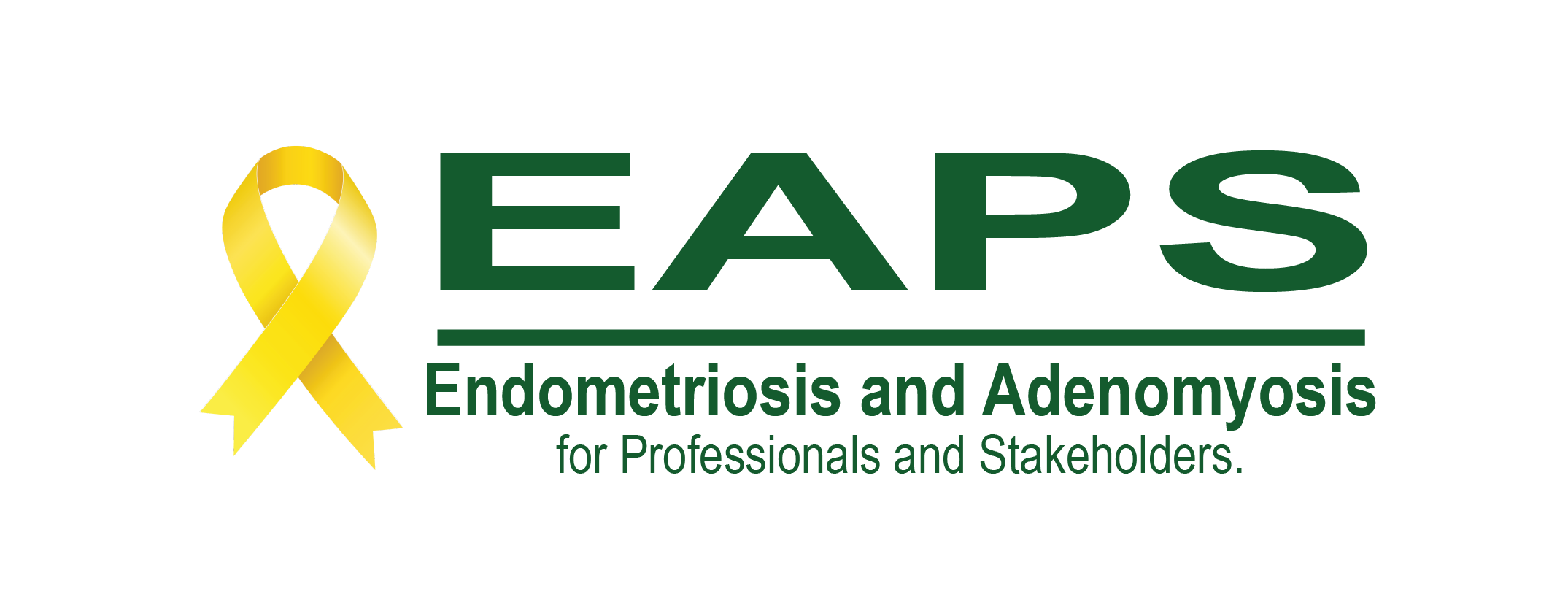March isn’t just about parades and shamrocks; it’s also Endometriosis Awareness Month, and this year, we’re shining a spotlight on a often-overlooked group: teens with endometriosis.

Endometriosis, a chronic condition where uterine tissue grows outside the uterus, can wreak havoc on anyone’s life, but when it strikes during adolescence, the impact can be even more profound. Imagine navigating the awkwardness of puberty, school pressures, and burgeoning emotions, all while battling debilitating pain and fatigue.
Unfortunately, for many young girls, this is reality. Endometriosis can manifest in adolescence with symptoms like:
- Severe menstrual cramps: Not just the “normal” kind, but pain that radiates to your back and legs, leaving you doubled over and unable to function.
- Heavy periods: Bleeding that disrupts your daily life, requiring constant pad or tampon changes, and causing anxiety about leaks and stains.
- Pelvic pain: A constant dull ache or sharp flares that interfere with daily activities, like sitting in class or participating in sports.
- Painful sex: This can be a big source of confusion and distress for young women starting to explore intimacy.
- Other symptoms: Digestive issues, fatigue, and even mental health struggles can also be associated with endometriosis.
The problem? Misdiagnosis and delayed diagnosis are rampant. It’s common for teens to be told their pain is “all in their head” or simply normal period discomfort. This dismissal can lead to feelings of isolation, frustration, and even shame.
That’s why EndoMarch is so crucial. It’s a global campaign to raise awareness, educate about the signs and symptoms, and advocate for timely diagnosis and treatment for adolescents with endometriosis.
This March, let’s join the EndoMarch and do our part:
- Educate yourself and others: Share information about endometriosis, especially its prevalence in teens. Encourage open conversations about period health and pelvic pain.
- Challenge the stigma: Break down the silence surrounding endometriosis and advocate for better understanding and support.
- Emphasize early diagnosis: Encourage open communication with healthcare providers and emphasize the importance of listening to teens’ experiences of pain.
- Support organizations: Donate to or volunteer with organizations like the Endometriosis Foundation of America or Endometriosis Australia that support research, awareness, and patient advocacy.
By marching together, we can ensure that every teenager with endometriosis gets the diagnosis, support, and treatment they deserve. Let’s make sure their voices are heard, their pain is acknowledged, and their futures are filled with possibilities, not debilitating pain.
Together, we can turn the tide on endometriosis, one step at a time.
#EndoMarch #EndometriosisAwareness #TeenHealth #YouAreNotAlone
